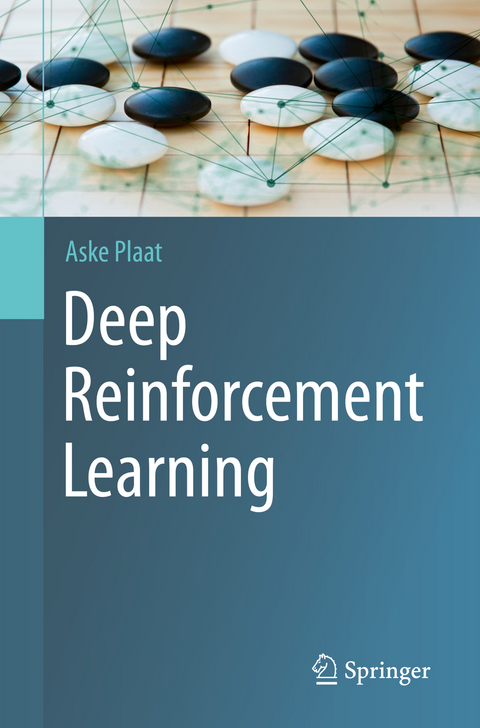
Deep Reinforcement Learning
Springer Verlag, Singapore
978-981-19-0637-4 (ISBN)
Deep reinforcement learning has attracted considerable attention recently. Impressive results have been achieved in such diverse fields as autonomous driving, game playing, molecular recombination, and robotics. In all these fields, computer programs have taught themselves to understand problems that were previously considered to be very difficult. In the game of Go, the program AlphaGo has even learned to outmatch three of the world’s leading players.Deep reinforcement learning takes its inspiration from the fields of biology and psychology. Biology has inspired the creation of artificial neural networks and deep learning, while psychology studies how animals and humans learn, and how subjects’ desired behavior can be reinforced with positive and negative stimuli. When we see how reinforcement learning teaches a simulated robot to walk, we are reminded of how children learn, through playful exploration. Techniques that are inspired by biology and psychology work amazingly well in computers: animal behavior and the structure of the brain as new blueprints for science and engineering. In fact, computers truly seem to possess aspects of human behavior; as such, this field goes to the heart of the dream of artificial intelligence.
These research advances have not gone unnoticed by educators. Many universities have begun offering courses on the subject of deep reinforcement learning. The aim of this book is to provide an overview of the field, at the proper level of detail for a graduate course in artificial intelligence. It covers the complete field, from the basic algorithms of Deep Q-learning, to advanced topics such as multi-agent reinforcement learning and meta learning.
Aske Plaat is a Professor of Data Science at Leiden University and scientific director of the Leiden Institute of Advanced Computer Science (LIACS). He is co-founder of the Leiden Centre of Data Science (LCDS) and initiated SAILS, a multidisciplinary program on artificial intelligence. His research interests include reinforcement learning, combinatorial games and self-learning systems. He is the author of Learning to Play (published by Springer in 2020), which specifically covers reinforcement learning and games.
1. Introduction.- 2. Tabular Value-Based Methods.- 3. Approximating the Value Function.- 4. Policy-Based Methods.- 5. Model-Based Methods.- 6. Two-Agent Reinforcement Learning.- 7. Multi-Agent Reinforcement Learning.- 8. Hierarchical Reinforcement Learning.- 9. Meta Learning.- 10. Further Developments.- A. Deep Reinforcement Learning Suites.- B. Deep Learning.- C. Mathematical Background.
| Erscheinungsdatum | 10.08.2022 |
|---|---|
| Zusatzinfo | 1 Illustrations, black and white; XV, 406 p. 1 illus. |
| Verlagsort | Singapore |
| Sprache | englisch |
| Maße | 155 x 235 mm |
| Themenwelt | Informatik ► Theorie / Studium ► Künstliche Intelligenz / Robotik |
| ISBN-10 | 981-19-0637-8 / 9811906378 |
| ISBN-13 | 978-981-19-0637-4 / 9789811906374 |
| Zustand | Neuware |
| Haben Sie eine Frage zum Produkt? |
aus dem Bereich


